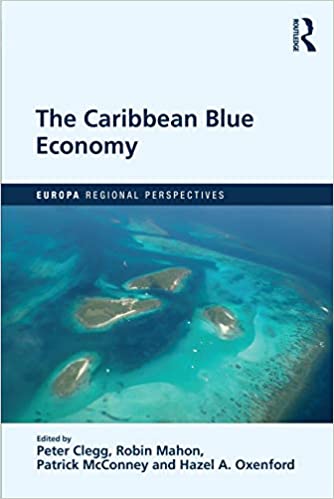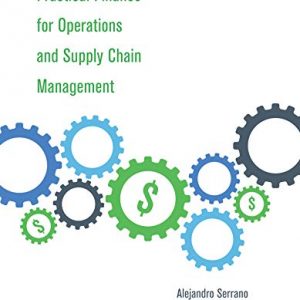The Blue Economy is emerging on the global scene as a powerful and persuasive new concept for sustainable development based on economic activities associated with the ocean. Several regions globally have adopted this concept at national and regional levels, including the Caribbean. Given the complex, multisectoral and multilevel nature of the Blue Economy, it is clear that different approaches will be needed for different regions. Hence, this volume explores the opportunities, threats and risks involved in operationalising the Blue Economy in the Wider Caribbean Region, defined as northern Brazil to the USA and all mainland and island countries and territories in-between.
The first part of the book looks at where the region stands in the global picture regarding adoption of the Blue Economy and what is planned. The second set of chapters examines key crosscutting issues such as ecosystem services, climate change and governance at national and regional levels that could make or break the Blue Economy initiative. The book then goes on to explore the main sectoral activities that will constitute the Blue Economies in the region: fisheries, tourism, shipping and transport, renewable energy, oil and gas, seabed mining and waste management are all considered. The book ends with a synthesis of the political and technical requirements to overcome threats and take advantage of opportunities in the Blue Economy.











